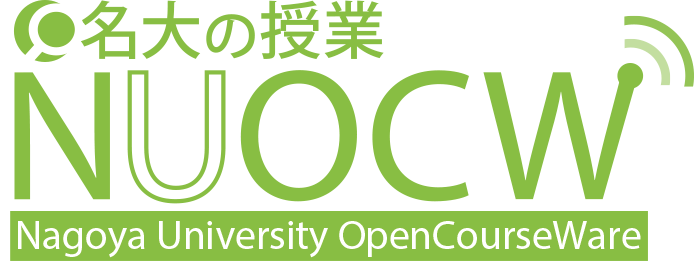Korean Language Expression Seminar b - Segmental Phonetics and Phonology in Japanese and Korean

| Lecturer | Akira UTSUGI, Associate Professor |
|---|---|
| Department | Graduate School of Languages and Cultures, 2016 Fall |
| Recommended for: | Graduate Students |
Key Features
Students who are interested in Korean phonetics and phonology and students who do not know about Korean language but are interested in general phonetics and phonology are both assumed as participants of this course.
This course is designed to be beneficial for both types of students with various background knowledge and interests. For example, the course is structured in the following sequence: learning basic knowledge of general linguistics, seeing examples in Japanese, and seeing similar examples in Korean.
We will deal with many types of phenomena in phonetics and phonology by repeating this sequence. In this way, students who are interested in Korean language can grasp phenomena of Korean language from a wider perspective, beyond the framework of Korean language study. Also, students who are unfamiliar with Korean can also understand the linguistic phenomena.
Purposes and Aims
This course treats phonetics and phonology, and also covers many topics regarding segments. The course will introduce theoretical and analytical framework of general linguistics, while also treating concrete examples from the Japanese and Korean Language. The course is aimed to be beneficial for participants who are not majoring in Korean Language as well.
Aims of this course are as follows
- To acquire basic theoretical knowledge of phonetics, phonology, and their interfaces.
- To understand current research topics in phonetics and phonology of the Korean language.
- To understand current research topics in phonetics and phonology of the Japanese language.
- To acquire theoretical knowledge of speech learning and pronunciation teaching.
- To understand problems surrounding phonetics in Japanese language education for Korean language natives and Korean language education for Japanese language natives.
Last updated
March 25, 2020
